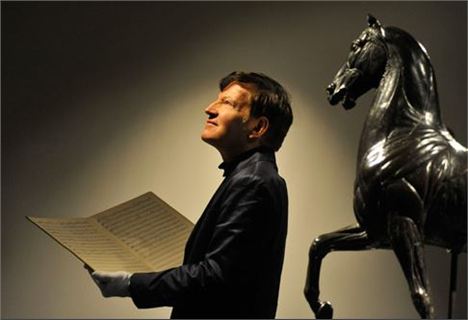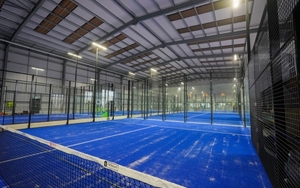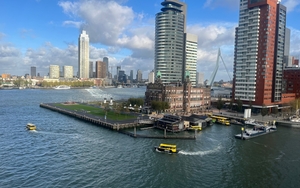IT'S hard to think of a chart band in the last 30 years whose music hasn't had the thread of Kraftwerk running through it.
OMD, Gary Numan, Duran Duran, Depeche Mode, New Order, Talking Heads, The Orb, The Prodigy... the list goes on. According to The Observer, "no other band since the Beatles has given so much to pop culture".
Even today, Kraftwerk's influence can be heard beating hard in the heart of mainstream pop. Like the sound of a riff or pulse in that Lady Gaga or Daft Punk track? That's a little glint of Kraftwerk.
With The Model, Autobahn, Showroom Dummies and more, the German band gave birth to electronica in the 1970s and 1980s, which in turn spawned dance and drum and bass.
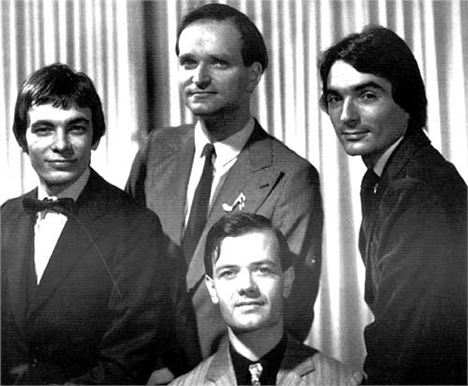 Running on steam: Early Kraftwerk before going electric
Running on steam: Early Kraftwerk before going electric
But there was life in the four-piece before they turned into robots and started mainlining synthesisers. Not that they were ever flower people or anything, but Kraftwerk did have a more human side.
They began their journey in 1970, experimenting with semi-improvised music that combined acoustic and electronic instruments.
It was an evolution that prompted leading local musicologist Dr Richard Witts to investigate Kraftwerk further.
Now, after many adventures, an audio-visual project of their work has been recreated with contemporary music ensemble Icebreaker. A special show, Kraftwerk Uncovered, is about to tour the country, starting at London's Science Museum and hitting Liverpool's Philharmonic Hall in early February.
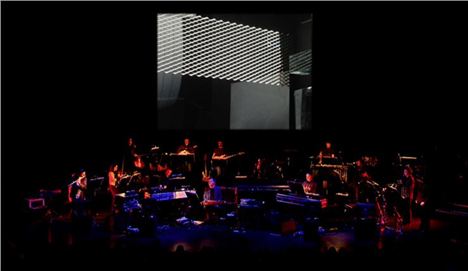 Icebreaker's Kraftwerk Uncovered
Icebreaker's Kraftwerk Uncovered
You might remember Dr Witts as TV host Dick Witts, who presented What's On with Tony Wilson and Margi Clarke, and later the Oxford Road Show. He was also a founder of 1980s band The Passage.
These days he can be found at Ormskirk's Edge Hill University with the rather more sober sounding remit: Reader in Music and Sound.
Liverpool Confidential bumped into him in the pub at the weekend.
“I’ve been fascinated by Kraftwerk for some time and have done a lot of research on them, including looking at their influence within the music industry,” he told us.
“I realised that their music fell into two categories, the early years between 1970 and 1973, before they went electric, and their later work from 1975, which they are most famous for."
He added: “I felt that there was a story we could tell and that we could show the 'human' inside the machine, which is why I wanted to work with Icebreaker to recreate this work, as well as their career-defining albums.”
Kraftwerk Uncovered... not only highlights the band's experimental early period but will see their music reinterpreted by German composer J Peter Schwalm, with film by visual artists Sophie Clements and Toby Cornish.
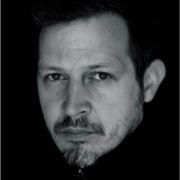 J Peter SchwalmSchwalm has created a new work for Icebreaker based on material from a range of Kraftwerk tracks from the little known radical early albums, to material from Autobahn, Computer World and Trans-Europe Express,
J Peter SchwalmSchwalm has created a new work for Icebreaker based on material from a range of Kraftwerk tracks from the little known radical early albums, to material from Autobahn, Computer World and Trans-Europe Express,
The film was shot almost entirely in the Ruhrgebeit, the Duesseldorf district from which Kraftwerk come, and makes direct reference to Kraftwerk’s heritage while touching upon themes ever-present in Kraftwerk’s vision – technological progress, and man’s relation to it. At the same time it presents “a nostalgic vision of a ‘future’ now passed, and a modern reworking of a lost utopian dream”.
Witts says: “Since their formation in 1970, the German group’s output has revolutionised music and influenced scores of musicians. This live show is a purposeful departure from the dehumanised high-tech of the current Kraftwerk shows.”
Witts, who scored a PhD in music from Goldsmiths’ University, has presented a whole lot of radio programmes on cultural issues for the BBC. As a musician he has also performed a wide range of Renaissance, classical and modern music as well as playing for a years with the Hallé Orchestra.
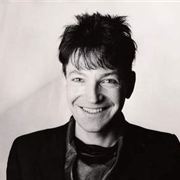 Dick WittsUp at Ormskirk the day job involves researching music policy, especially that of the BBC, the Arts Council and other national and international cultural institutions. He is also interested in the use of experiential analysis in order to explain popular music.
Dick WittsUp at Ormskirk the day job involves researching music policy, especially that of the BBC, the Arts Council and other national and international cultural institutions. He is also interested in the use of experiential analysis in order to explain popular music.
But he will always be Dick Witts to us.
*Kraftwerk Uncovered - A Future Past, Philharmonic Hall, Hope Street, Liverpool, Wednesday February 5, which includes a talk by Richard Witts. Tickets £19-£25 here.









